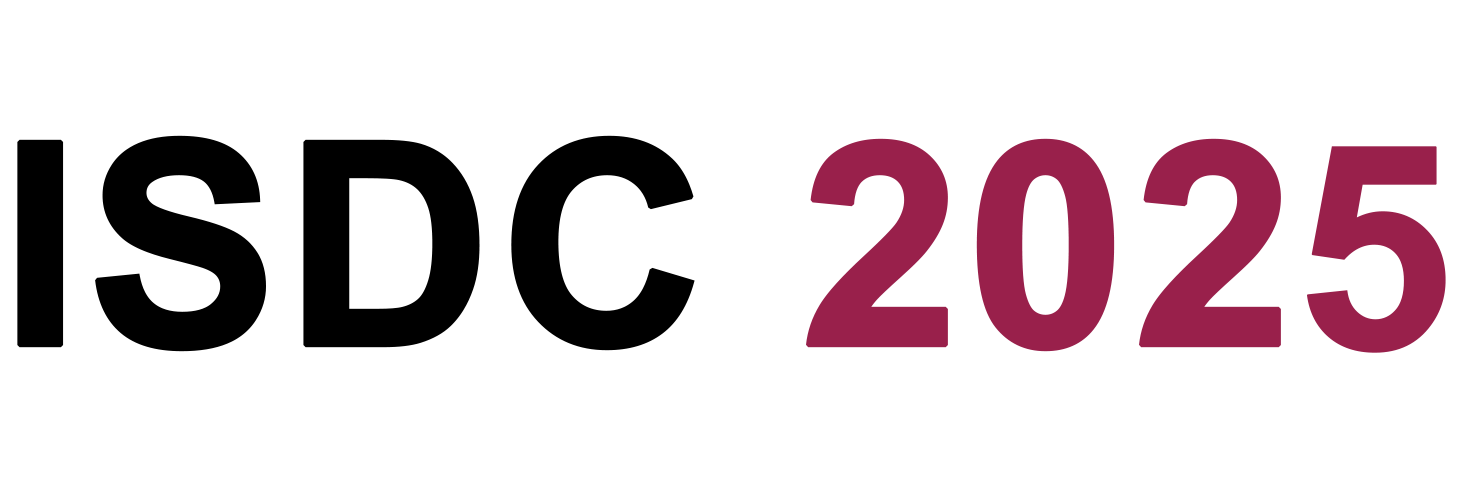
Sustainable pesticide management in Quebec through participatory qualitative systems modeling: a case study in corn-soybean
Sunday, August 3, 2025, 1:15 PM
Session: Student Plenary #1 (Morning, 3rd of August)
This study investigates the persistent use of synthetic pesticides in Quebec's corn-soybean production, despite environmental policies aimed at reducing pesticide reliance. Focusing on Montérégie-Est, the research uses a qualitative participatory systems modeling approach to understand economic, institutional, and socio-political drivers of pesticide dependency. Through Group Model Building, 30 stakeholders were engaged in co-developing causal loop diagrams (CLDs), highlighting feedback loops related to pesticide resistance, agrochemical market dynamics, and barriers to organic transition. Digital storytelling enriched the modeling process, making system dynamics more accessible and inclusive. Preliminary findings reveal substitution effects between glyphosate and residual pesticides, increasing resistance, and feedback loops that reinforce dependency. The project identifies trade-offs between economic viability and sustainability, providing insights into leverage points for policy interventions. This participatory process contributes to sustainable pesticide management by aligning stakeholder perspectives with systemic analysis, and it supports the development of scenarios aimed at reducing synthetic pesticide use in Quebec agriculture.
Presenters:
Jan Adamowski,
Andreas Nicolaidis Lindqvist,
William Robitaille
Download PDF
Download Slides